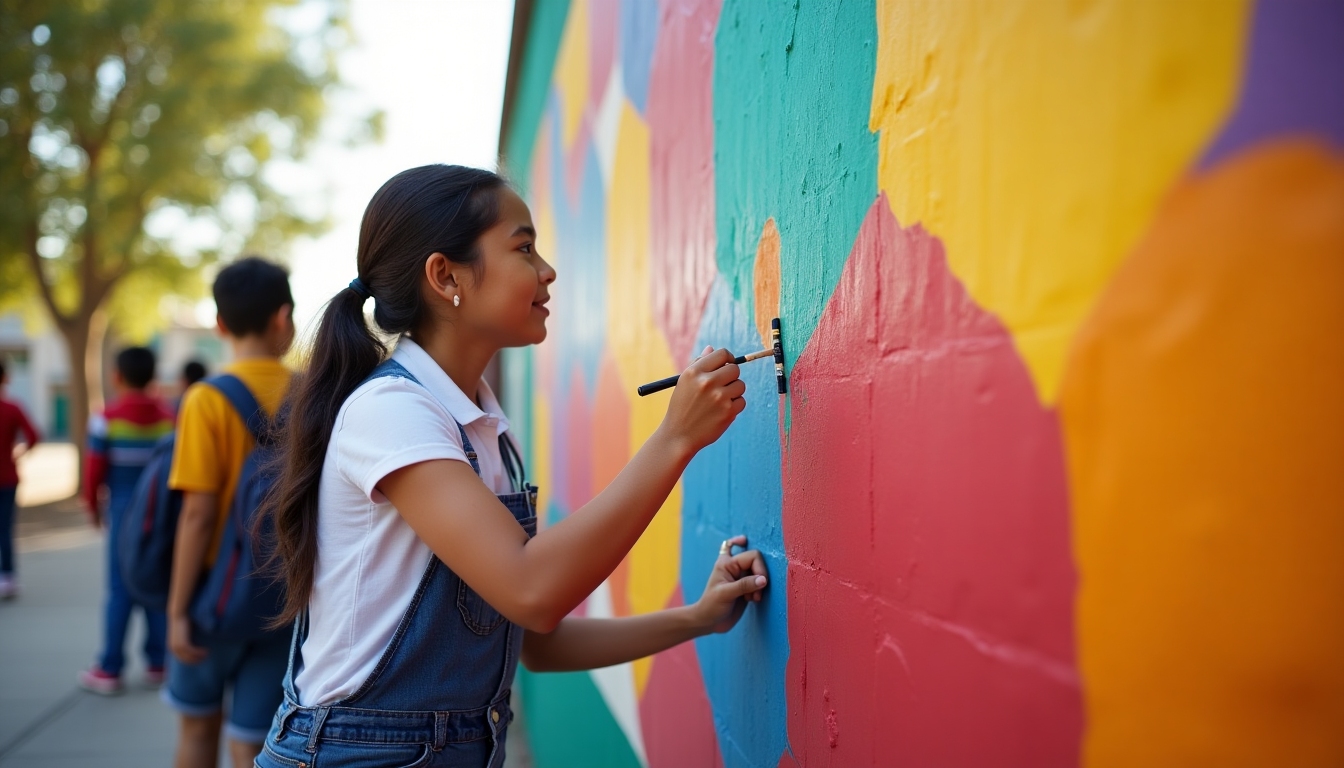Skill-Based Volunteering: Transforming Education
By , December 25, 2024
Skill-Based Volunteering in Education: A Game Changer
Skill-based volunteering in education is more than just donating your time; it's about leveraging your unique skills to make a real difference in educational settings. Whether you're helping students grasp complex concepts or supporting teachers with logistical tasks, this form of volunteering impacts communities in profound ways.

The Need for Skill-Based Volunteering
In many schools and educational institutions, resources can be scarce, and skilled professionals can fill vital gaps that traditional volunteer roles may leave unmet. Imagine the difference a graphic designer can make in a school's marketing materials, or how a software developer might enhance the school’s digital tools. This is where skill-based volunteering truly shines, providing benefits far beyond expectations.
Why Volunteers Choose Skill-Based Roles
Volunteers often seek opportunities where they can directly apply their skills. Not only does this provide personal satisfaction, but it also ensures that their contributions have the highest possible impact. For instance, a retired accountant might volunteer to manage the financial aspects of a school fundraiser, ensuring both efficiency and compliance.
How to Get Started with Skill-Based Volunteering
- Identify Your Skills: Consider what skills you have that could benefit educational environments.
- Research Opportunities: Look for schools or non-profits that match your skill set needs.
- Reach Out: Contact them to see how you can get involved.
Skill-based volunteering is gratifying because it not only uses your expertise but also saves significant financial resources for educational institutions.

Real Experiences from Volunteers
John, a retired engineer, finds volunteering in a local community college satisfying. "I never thought my engineering background would be useful in education. But designing project-based modules for students has been both challenging and rewarding."
Maria, an experienced marketer, uses her skills to help schools improve their presence on social media: "Creating campaigns and educating teachers about digital marketing has opened new avenues for student enrollment and community engagement."
Challenges and Solutions in Skill-Based Volunteering
While rewarding, skill-based volunteering can also pose challenges such as:
- Matching Skills with Needs: Sometimes, finding the right fit can be difficult.
- Time Constraints: Balancing volunteering with personal obligations can be tough.
Solutions Tips: - Flexible Scheduling: Many institutions offer flexible hours or remote opportunities. - Short-Term Projects: Engage in specific, time-bound projects to better manage your time.

The Impact of Skill-Based Volunteering
The impact of skill-based volunteering is both immediate and long-lasting:
- Enhanced Learning Resources: Volunteers bring in specialized knowledge that enhances learning materials.
- Professional Development: Staff and students benefit from real-world insights and experiences.
- Community Engagement: Volunteers often bring in networks that increase community involvement.
Conclusion
Skill-based volunteering in education not only bridges gaps in resources and expertise but also enriches the volunteer and the institution alike. By aligning personal skills with community needs, volunteers can make meaningful contributions that last a lifetime. Interested in more ways to give back? Dive into opportunities and see where your skills fit best.
Explore more about enriching your community and enhancing educational experiences through dedicated skill-based volunteer programs. Whether you're a professional seeking to share your expertise or curious about volunteering possibilities, there's always a place for your skills to shine in education.